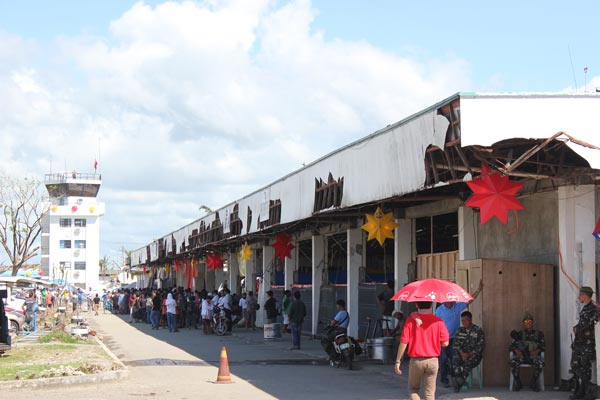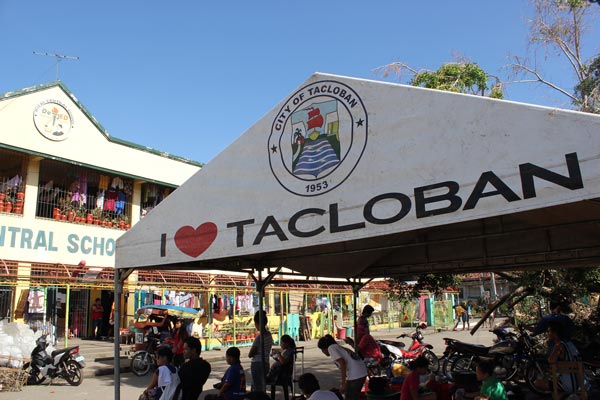
Signing Out
DUBAI - I'm out of the Philippines operation now. I have returned to Dubai and handed over my duties.
Demobilising from an operation isn't as easy as stuffing your sweat-stained branded t-shirts into your smelly backpack, boarding a plane and flying away. It is so much more complex than that. There's the innate drive within us all to stay with the operation because so much more still needs to be done. There's also the desire to stay with the team who have become your family in the past month. In such a short space of time you become inexplicably attached to the operation, the people and the country.

All of us who are here for this operation are trained to some degree to be emergency responders. Many of us are prepared at all times to deploy to disaster zones within 24 hours of the emergency striking. We are prepared for the chaos, the uncertainty, and the difficulties of living and working in emergency operations. Because this is so much of what we do, so often it's the return to normality that is more difficult.
I often get asked how I cope with the destruction, with the despair and death that so many responders witnessed in the first week of the operation. And to be honest, it's not the death that I find haunting. It's not the sight of those lost souls lined up on the pavement that affects me. What I find more difficult to deal with is the thought of the living; those who managed to survive the disaster and now have to literally pick up the pieces of their lives strewn around them and start again.

As mentioned in my last post, the physical conditions in the first weeks of an emergency operation are the most difficult. As such, it is standard practise for staff to be deployed in phases. One month after the typhoon, the first wave of responders are being demobilised and fresh, clean, well-rested responders will replace them to ensure the operation maintains pace. This is what reassures me that the people who survived will be ok.
Those who are demobilising can be proud of their efforts and dedication over the last month. The meals, showers, hours of sleep lost were for an amazing cause and the impact of their efforts can be seen in the smiling face of the local communities.
The next wave of responders has an equally arduous task lined up for them as they shift from emergency response to recovery. All the best to the next team that comes in. Work hard, but remember to smile, after all I [heart] Tacloban.
By Mariko Hall, ETC Philippines